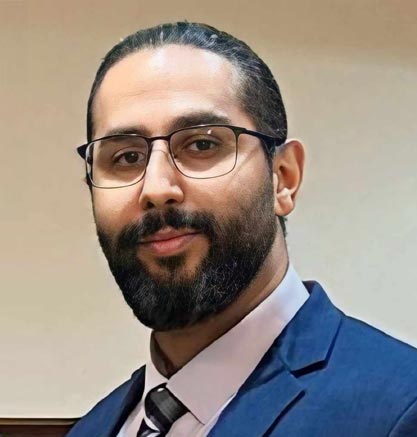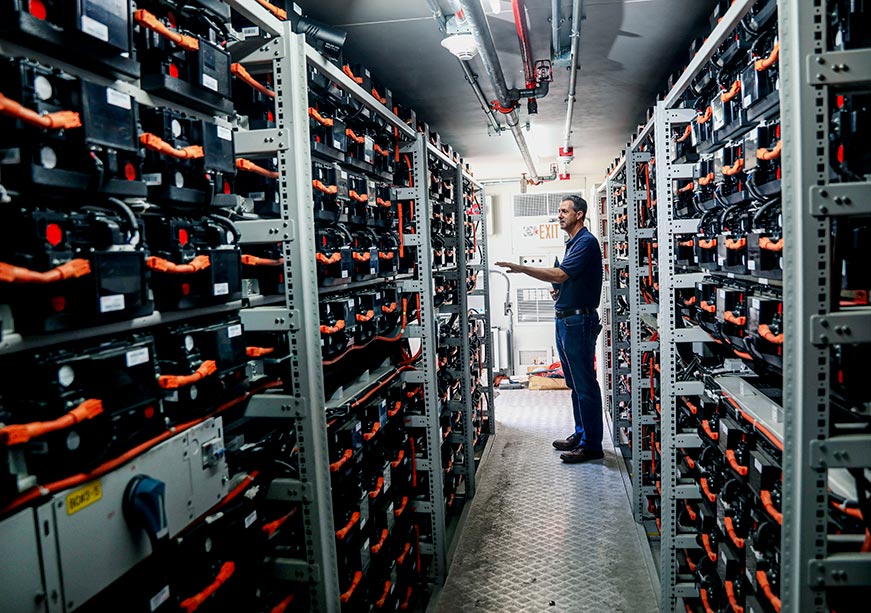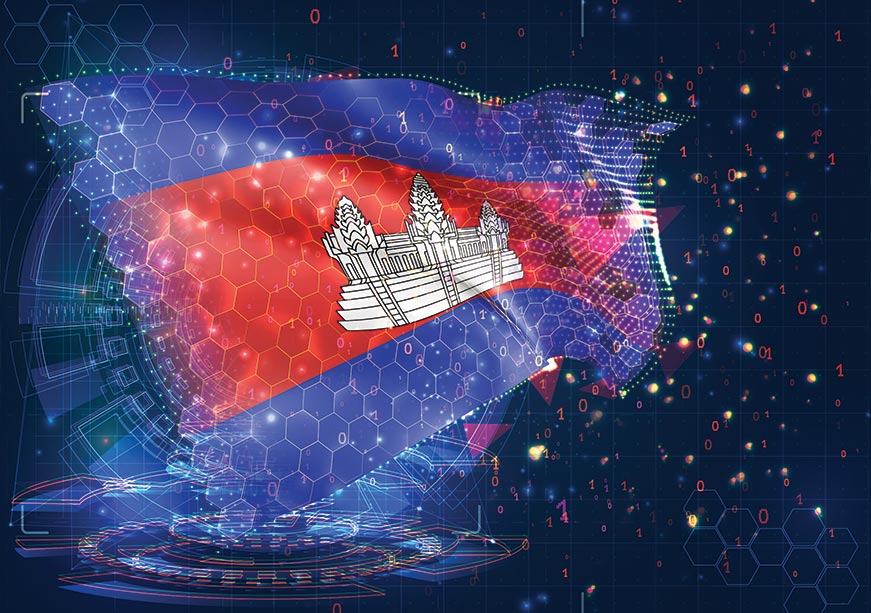
Image Source: Getty
While the 2024 ASEAN Summit and related summits maintained their comprehensive scope encompassing cultural, economic, health, and technological cooperation issues, the traditionally elusive subject of South China Sea security became a crucial point for discussion. More importantly, the most significant call for its prioritisation amid China's continued expansionism came from Philippine President Ferdinand Marcos Jr.
During the meeting between the 10 ASEAN representatives and Chinese Prime Minister Li Qiang on 10 October, Marcos Jr. explained how it is futile to act as if everything is stable in the South China Sea. As an essential reminder of the folly of China’s often-promoted foreign policy narrative of economic prosperity, Marcos Jr. noted that bolstering economic activity is not an excuse to overlook or undermine the security threats in the region's maritime domain. The President also mentioned, “You cannot separate economic cooperation from political security.” This statement comes at a time when the coercive nexus between the China Coast Guard (CCG), the People's Liberation Army Navy (PLAN), and the maritime militia has considerably escalated the security conditions of the South China Sea and the West Philippine Sea—or what Manila calls the part of the South China Sea that encompasses is lawful 200 nautical miles Exclusive Economic Zone (EEZ).
The Philippines has regularly been at the receiving end of China’s illegal and belligerent activities within the Southeast Asian nation's EEZ.
During the Summit, Marcos Jr. also emphasised that “the definition of a concept as basic as 'self-restraint' does not yet enjoy consensus" in the disputed waters of the region. The Philippines has regularly been at the receiving end of China’s illegal and belligerent activities within the Southeast Asian nation's EEZ. Additionally, Marcos Jr.’s intervention at the 19th East Asia Summit (EAS) on 11 October served as a reminder that regional efforts have not been enough to stabilise the “overall situation in the South China Sea.” Furthermore, while China often blames the meddling of foreign forces for threatening the region's security, Manila showed that China is a disruptive external force vis-à-vis Southeast Asian security.
While ASEAN Summits have generated a negative reputation for being symbolic functions for diplomatic pleasantries rather than substantive and critical dialogue, the Philippines’ participation in this year’s Summit exemplified how such regional fora can, indeed, be utilised to powerfully convey a country’s position on controversial issues and consolidate support amid the evident power asymmetries in the region.
Marcos Jr.'s statements opened pathways for a frank and comprehensive rethink of the traditional security issues impacting Southeast Asia, which several ASEAN member countries avoid going too much into detail about during such regional meetings due to concerns over fragmentation amid endeavours of maintaining consensus. Nevertheless, Manila illustrated that while regional stakeholders may have different individual priorities, the acute challenges faced by the Philippines from an increasingly aggressive China deserve uncontested attention, especially since Beijing's actions go directly against the very principles of international law, on which ASEAN’s Treaty of Amity and Cooperation (TAC) is based. More importantly, unlike the ASEAN meetings of 2012 and 2017, when the Philippines' position on the West Philippine Sea was marginalised and compromised, respectively, enough evidence points to the acknowledgement of other ASEAN members towards Manila's concerns in the October Summit.
Thai Prime Minister Paetongtarn Shinawatra stressed that freedom of navigation and flights in and above the South China Sea must be ensured.
For instance, at the sidelines of the Summit, the Philippine president and Vietnamese Prime Minister Pham Minh Chinh “reaffirmed their commitment” to enhance their strategic partnership further and collectively contribute to the growing momentum in bilateral maritime security cooperation. Moreover, certain ASEAN members also voiced their concerns over the South China Sea and Beijing’s open challenge to the rules-based order. Thai Prime Minister Paetongtarn Shinawatra stressed that freedom of navigation and flights in and above the South China Sea must be ensured. At the same time, Singapore's Prime Minister Lawrence Wong labelled the South China Sea as a “live and immediate issue, with real risks of an accident spiralling into conflict.”
Additionally, in a separate interview after the Summit, Marcos Jr. revealed that several ASEAN member countries expressed their support for the Philippines' cause towards the West Philippine Sea and the greater South China Sea and suggested possibilities of joint patrols, confidence-building measures, and interoperability cooperation at sea. This willingness from ASEAN members is a testament to the success of Manila’s socialisation of its national and regional security concerns to its immediate neighbours. However, ASEAN’s intergovernmental nature implies that national interest, rather than regional solidarity, remains the primary driver of cooperation.
The Philippines and Vietnam have also been enhancing their maritime security cooperation based on shared interests and concerns over future uncertainty.
Thus, what may have added more significance to Marcos Jr’s intervention among regional countries was a growing realisation that China’s expansionist ambitions in the South China Sea do not discriminate among countries. While the common proposition was that the Philippines was the only target of Beijing’s belligerence at sea, the Chinese maritime forces' aggressive actions against Vietnamese fishermen just less than two weeks before the Summit painted a more sobering image of China’s intentions in Southeast Asia. In this context, the Philippines and Vietnam have also been enhancing their maritime security cooperation based on shared interests and concerns over future uncertainty. Furthermore, ASEAN's major dialogue partners, such as the United States, Japan, India, Australia, South Korea, and Canada, also strongly demonstrated their willingness to contribute to the security of the South China Sea amid China’s revisionist ambitions.
Therefore, despite Southeast Asia's highly fragmented geopolitical landscape, the Philippines' participation showed how ASEAN Summits are not merely talk shops but essential avenues for critical discussion and diplomacy. However, political will is a prerequisite to maximizing such opportunities. While a unified position on traditional maritime security issues within ASEAN is unlikely to occur soon, the Marcos Jr. administration was successful in not only emphasising the Philippines' position on the West Philippine Sea but also maintaining that Manila is not interested in checking China's economic growth, but its unilateral activities in the South China Sea that do not align with the principles of international law.
Don McLain Gill is a Philippines-based geopolitical analyst author and lecturer at the Department of International Studies De La Salle University (DLSU).
The views expressed above belong to the author(s). ORF research and analyses now available on Telegram! Click here to access our curated content — blogs, longforms and interviews.




 PREV
PREV


